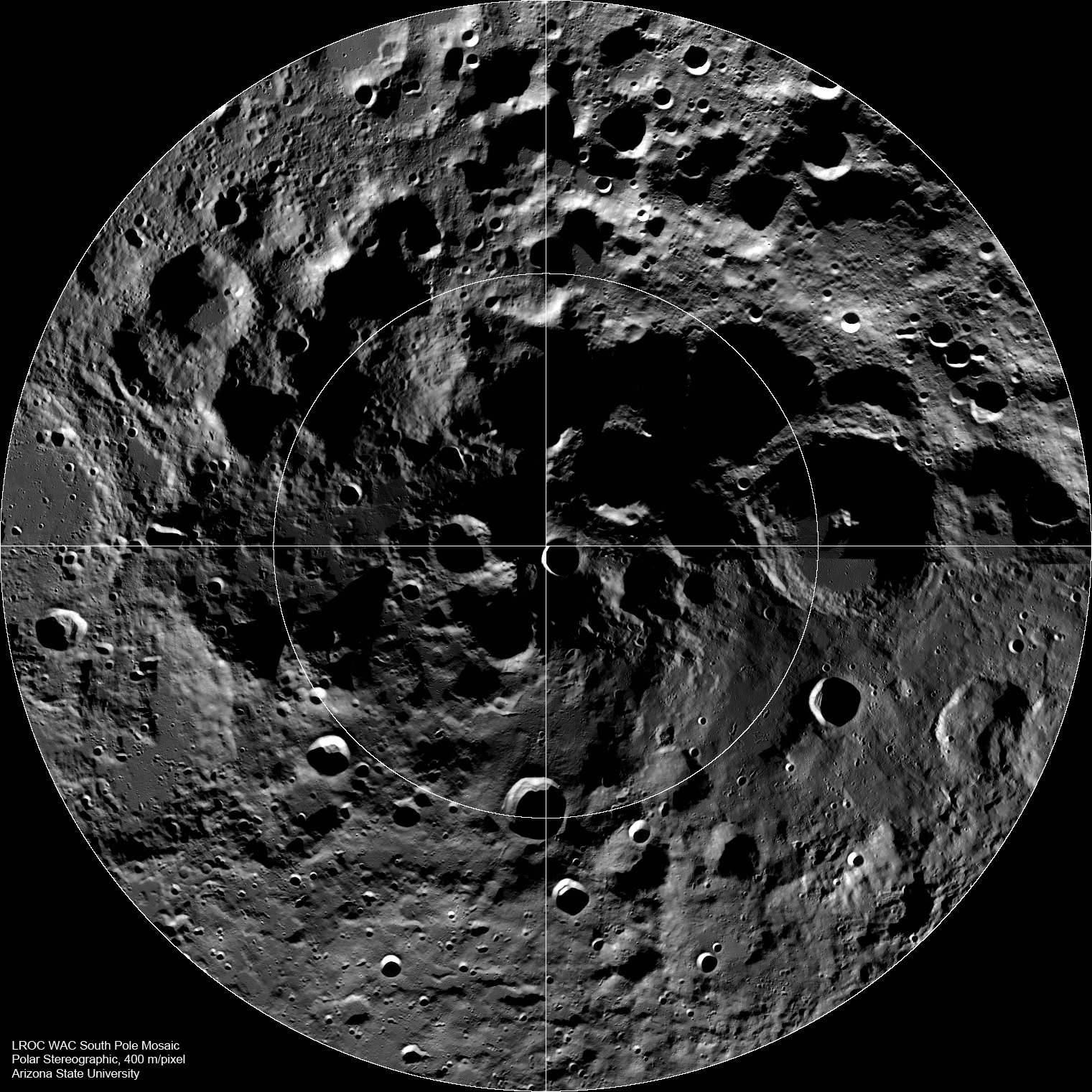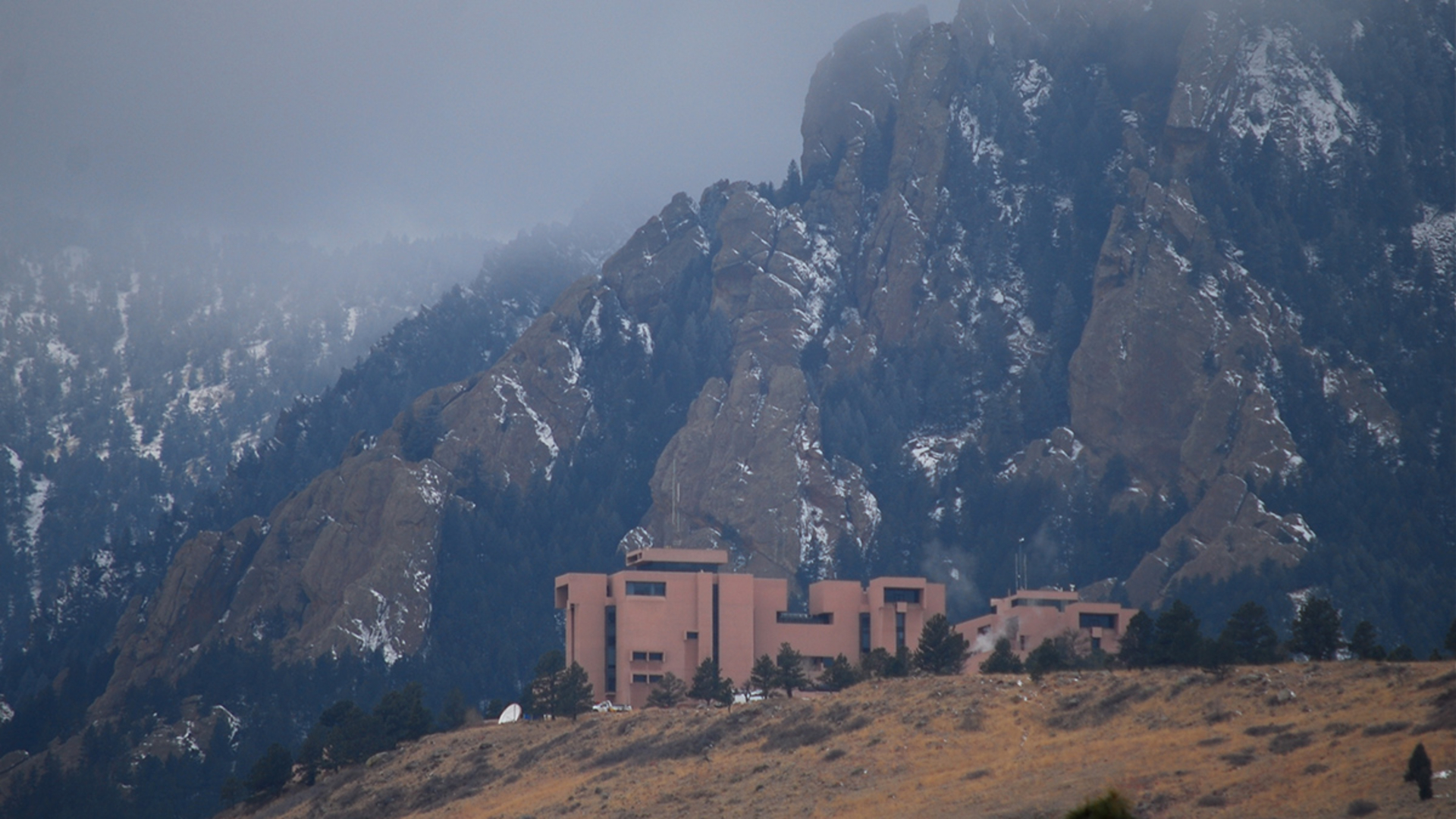NASA moon contractor Masten Space Systems acquired by Astrobotic
NASA tasked both companies to send robotic payloads to the moon, prior to Masten's Chapter 11 filing.

Breaking space news, the latest updates on rocket launches, skywatching events and more!
You are now subscribed
Your newsletter sign-up was successful
Want to add more newsletters?

Delivered daily
Daily Newsletter
Breaking space news, the latest updates on rocket launches, skywatching events and more!

Once a month
Watch This Space
Sign up to our monthly entertainment newsletter to keep up with all our coverage of the latest sci-fi and space movies, tv shows, games and books.

Once a week
Night Sky This Week
Discover this week's must-see night sky events, moon phases, and stunning astrophotos. Sign up for our skywatching newsletter and explore the universe with us!

Twice a month
Strange New Words
Space.com's Sci-Fi Reader's Club. Read a sci-fi short story every month and join a virtual community of fellow science fiction fans!
A NASA moon contractor that filed for Chapter 11 bankruptcy earlier this year will continue its work, as part of a larger company.
California-based Masten Space Systems will be acquired by Pittsburgh company Astrobotic Technology, which like Masten is developing robotic moon missions under NASA's Commercial Lunar Payload Services (CLPS) program.
What will happen to Masten's $75.9 million CLPS contract is not yet clear; a recent press release from Astrobotic emphasized Masten's vertical takeoff and vertical landing (VTVL) and propulsion technology and said that the company's suborbital work would continue.
Related: NASA-sponsored moon mission will launch on a SpaceX rocket
"The combined company will maintain suborbital flight operations at Masten's test sites at Mojave, with plans to continue offering the space industry a key testing site for hot fire rocket tests," Astrobotic stated Tuesday (Sept. 13).
Masten made a Chapter 11 filing in U.S. Bankruptcy Court for the District of Delaware in August. Astrobotic's "high bid" of $4.5 million was accepted on Sunday (Sept. 11) by the court, SpaceNews reported.
Astrobotic emphasized Masten's heritage in VTVL technology, which includes winning first prize in the Northrop Grumman Lunar Lander X Challenge in 2009.
Breaking space news, the latest updates on rocket launches, skywatching events and more!
"That win helped lay the foundation for Masten's one-of-a-kind VTVL flight program, which has demonstrated industry-leading landing precision and rapid reusability over its 600+ VTVL flights to date," Astrobotic stated.
Astrobotic also paid tribute to Masten's rockets flying "payloads for current and future lunar and interplanetary missions," which included Astrobotic’s OPAL terrain relative navigation system.
The company expressed plans to develop a new version of Masten's Xogdor rocket, "which will offer higher altitudes, longer missions and supersonic flight for suborbital payload testing" and to run more tests on Masten's propulsion test stands for Astrobotic and its customers.
Masten's moon tech, which in part supports NASA's Artemis program of lunar exploration, appears to fall under a "space technology portfolio" that Astrobotic pledged it would "continue to advance," without providing further detail.
Examples include lunar infrastructure construction, lunar night survival and lunar water mining. (Masten was also working on a system to mine water ice using rockets, in collaboration with Lunar Outpost and Honeybee Robotics.)
Video: Space miners may use rockets to harvest the moon's water ice

Masten's CLPS mission for NASA had been scheduled to launch on a SpaceX rocket toward the moon's south pole, to a region that seems to be filled with water ice. Masten's last update said the liftoff would be delayed a year to November 2023 due to supply chain issues related to the COVID-19 pandemic.
In August, NASA told Space News that the lunar research delivery "may be impacted by Masten business operations," and, as a result, the agency was considering moving its payloads to other CLPS flights.
Prior to its Chapter 11 filing, Masten faced apparent financial pressure, including furloughing remaining staff after laying off about 20 employees in June, according to Parabolic Arc.
Masten founder and president David Masten stated that he would join Astrobotic. "This combined organization will let us continue to provide important services to our customers and help us make a bigger impact on humanity’s future in space," he said in the Astrobotic statement.
Follow Elizabeth Howell on Twitter @howellspace. Follow us on Twitter @Spacedotcom or Facebook.

Elizabeth Howell (she/her), Ph.D., was a staff writer in the spaceflight channel between 2022 and 2024 specializing in Canadian space news. She was contributing writer for Space.com for 10 years from 2012 to 2024. Elizabeth's reporting includes multiple exclusives with the White House, leading world coverage about a lost-and-found space tomato on the International Space Station, witnessing five human spaceflight launches on two continents, flying parabolic, working inside a spacesuit, and participating in a simulated Mars mission. Her latest book, "Why Am I Taller?" (ECW Press, 2022) is co-written with astronaut Dave Williams.
